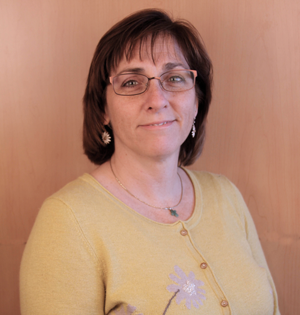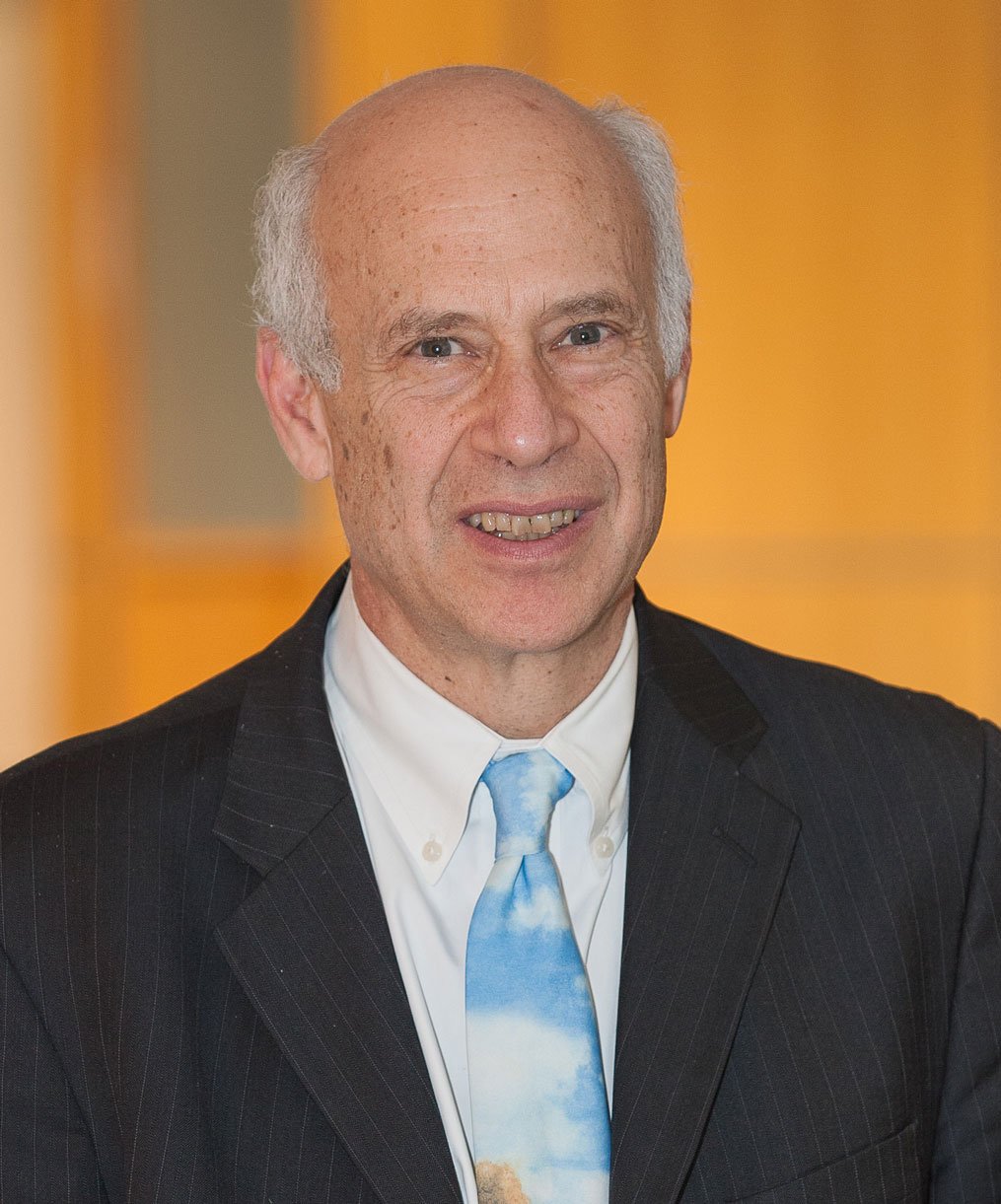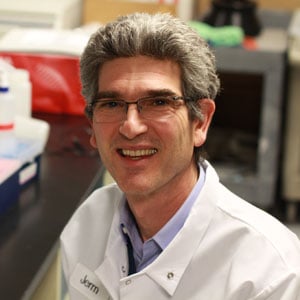The Massachusetts Consortium on Pathogen Readiness (MassCPR), a multi-institutional initiative convened by Harvard Medical School to combat the global COVID-19 pandemic and to prepare for future outbreaks, has awarded $16.5 million in research funding to projects that address the most pressing challenges of the disease.
Three UMass Medical School research projects are funded in the initial cohort.

|
Age-associated development of antibody-mediated cytotoxic immunity to SARS-CoV-2 by Ann Moormann, PhD, MPH, professor of medicine.
Dr. Moormann will work to determine the spectrum of functional antibodies to SARS-CoV-2 that could confer protection against COVID-19 disease. Results from this study will help monitor the development and duration of naturally acquired immunity and add valuable information to household cluster modeling by generating data on sero-conversion rates that reduce the pool of susceptible individuals. She will also study how antibody profiles in children and young adults who experience mild to no symptoms compare to older adults who experience more severe disease.

|
Identifying and targeting host cells and genes crucial in SARS-CoV-2 pathogenesis by Robert Finberg, MD, the Richard M. Haidack Professor of Medicine, chair and professor of medicine.
Dr. Finberg, along with Scot Wolfe, PhD, professor of molecular, cell & cancer biology, have ongoing studies using CRISPR/Cas9 gene editing tools to define the virus and host genetic factors that define disease susceptibility. Finberg’s lab has developed a platform for studying the efficacy of antiviral approaches in cell culture and animal models.
Rapid functional assessment of SARS-CoV-2 variants within the context of the pandemic by Jeremy Luban, MD, the David J. Freelander Professor of AIDS Research and professor of molecular medicine.

|
Dr. Luban is moving rapidly into the study and analysis of the virologic mechanism of COVID-19 infection, seeking to understand what makes its mechanism unique. Luban’s 2016 paper on the singular infectivity of Ebola virus in Cell presaged the need for a more precise understanding of infectivity of novel viruses like SARS-CoV-2.
The consortium is a collaborative effort that includes scientists and clinicians from Harvard; MIT, Boston University; Tufts University; University of Massachusetts; and local biomedical research institutes, biotech companies and academic medical centers.
Projects were selected in this initial round of funding for their potential to influence clinical outcomes in patients and populations within the next 12 months. They are organized around the consortium’s primary scientific and clinical focus areas: the development of vaccines, therapies and diagnostic tools; clinical management; epidemiology; and understanding how the SARS-CoV-2 coronavirus causes disease.
Launched in early March, MassCPR has a mission is to address the myriad challenges of the pandemic and the need for enhanced preparedness for future ones. The consortium now involves hundreds of researchers, physician-scientists, front-line clinicians, epidemiologists and more, working to share ideas, knowledge, expertise and resources. The consortium represents world-leading academic, hospital, biopharma and government institutions based in Massachusetts, joined by collaborators at the Guangzhou Institute of Respiratory Health and Tsinghua University in China.
“Biomedical researchers around the world stepped up immediately to face the challenges presented by this pandemic,” said Terence R. Flotte, MD, the Celia and Isaac Haidak Professor of Medical Education, executive deputy chancellor, provost and dean of the School of Medicine. “At UMass Medical School, our faculty scientists have already established themselves as leaders in rapidly applying their world-class knowledge and expertise to this devastating novel disease. We’re proud and grateful that MassCPR has made available the resources needed to harness the talent and commitment of our researchers in a coordinated approach to battling this new illness.”
Dr. Flotte said UMMS is evaluating how “we might either match some of these funds or fund some other applicants with support from our UMMS COVID-19/Pandemic Research Fund.” Details on this philanthropic effort may be found here.
MassCPR was enabled by a research agreement between Harvard University and the China Evergrande Group that provides support to be shared equally between Massachusetts-based researchers and colleagues at the Guangzhou Institute of Respiratory Health. More than $16 million has been raised to support these funding awards through MassCPR, including the first tranche of funding from China Evergrande Group, support of $1 million or more each from Mark and Lisa Schwartz, Massachusetts Life Sciences Center, and the Bertarelli Foundation, and commitments from several other donors.